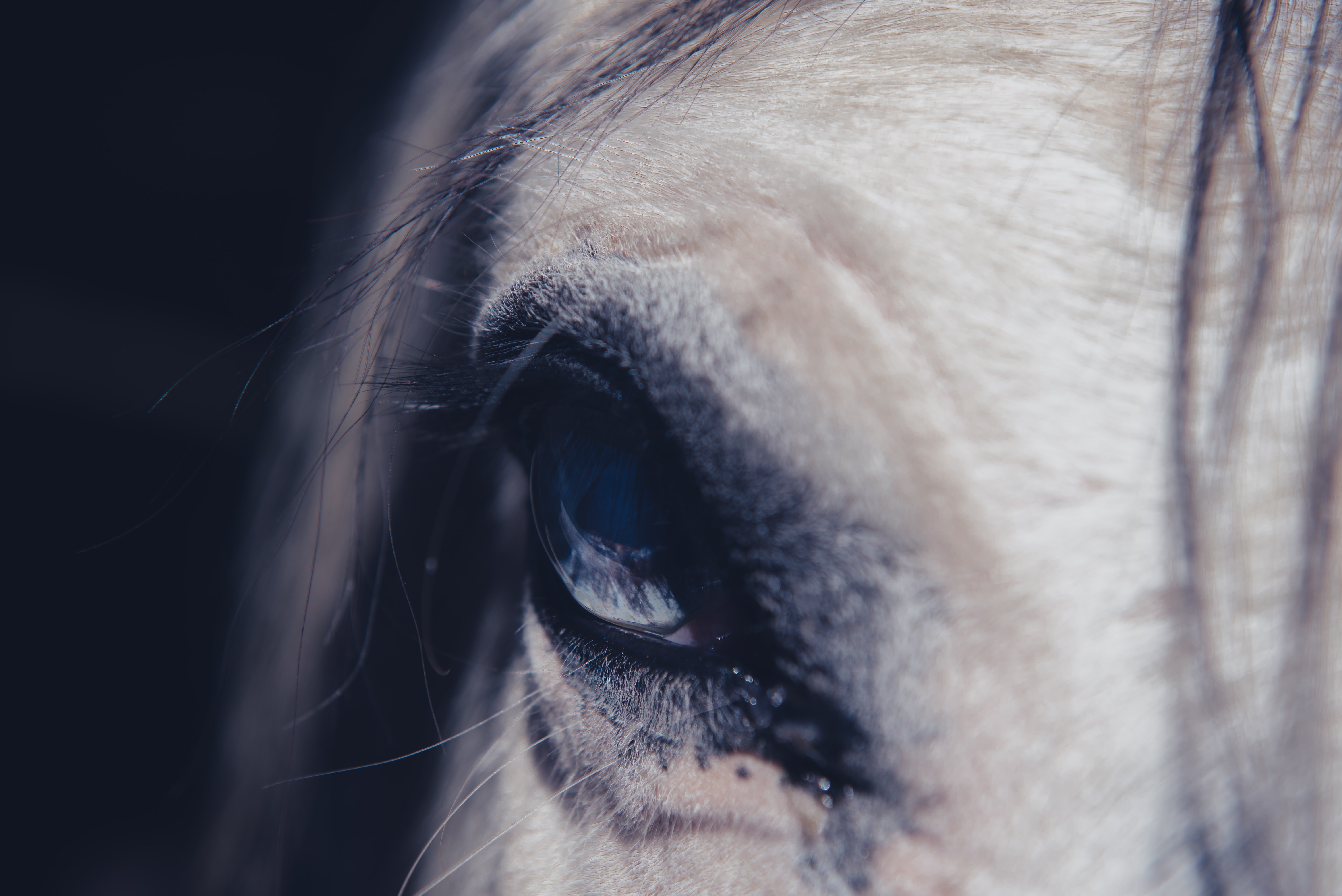Despite the many beautiful sporting moments, the equestrian sport also had to deal with a lot of misery. Of course the coronavirus threw a spanner in the works but unfortunately that was not our only concern. In February, an outbreak of the rhinovirus was detected, which will be remembered by many for a long time.
It all started on February 21, 2021. The sudden notification that the CES Tour in Valencia was cancelled reached our editors. What was going on at the venue was not immediately clear but rumors quickly spread that there had been an outbreak of the rhinovirus. Several horses and riders left the field, but unfortunately for some of them fate struck.
Spread
Since this neurological form of the rhinovirus (in which paralysis occurs and death is the result) is extremely contagious, cases were soon found all over Europe. The fear was great, and it was not unjustified. The virus was spread from horse to horse but also via humans (who carry the virus on their clothing, etc.).
It soon became clear that measures had to be taken, and preferably as quickly and as much as possible. In February, many competitions were cancelled all over Europe. This was yet another disappointment for organizers who were still recovering from the coronavirus.
At the end of February, the situation at CES Valencia got completely out of hand. No less than 17 horses tested positive and several lost their lives. A shortage of medicines and veterinarians led to seeming situations. The FEI decided to intervene and take the necessary measures.
We are in phase two of the epidemic so places in clinics are essential but unfortunately they are all full
So it sounded at the FEI at the end of February.
In addition, hoists were also needed to help the horses stand on their four legs. Again, there were not enough of these.
In early March, the FEI officially decided to cancel all competitions on the European continent.
Calm before the storm
At the beginning of March, the extent of the spread became really clear. The FEI spoke of "the most severe rhino outbreak in thirty years". More and more horses in Europe became infected and the death toll rose. Not much later, cases of EHV-1 were also identified in America and in Qatar.
In Valencia itself, things went from bad to worse and several horse owners and riders expressed their displeasure.
"There is complete chaos," said another witness. "It seems like a war has broken out, a war against the virus. I can't describe what's going on at the moment. Horses are falling to the ground out of nowhere and can't stand up. Several horses have already lost their lives at the show."
Medical aid will finally travel to the competition site in Valencia on March 2, 2021.
As the virus spread like wildfire, the epidemic continued for a long time. In March, the counter stood at 18 horses, their deaths of which could be linked to the outbreak in Valencia.
For the riders themselves, the seriousness of the situation became clear when they had to sign a paper on entering the arena stating that you enter the arena at your own risk. A little later this Grand Prix was stopped in consultation with the FEI. From then on there was a chaos of people who wanted to leave as quickly as possible to get their horses to safety.
"After consulting with our vet at home, we decided to leave the jumping in Valencia. We both agreed that it was not healthy to stay with the horses that were not yet sick among those that were in much worse shape. Our horses were put in quarantine immediately upon returning home, on top of that the temperature was measured three times a day," said one of the riders.
The FEI finally decided to ban all competitions in continental Europe until the end of April 2021. This meant that around that time, the epidemic could subside and we could return to normal life not much later.
Photo by Jez Timms on Unsplash

